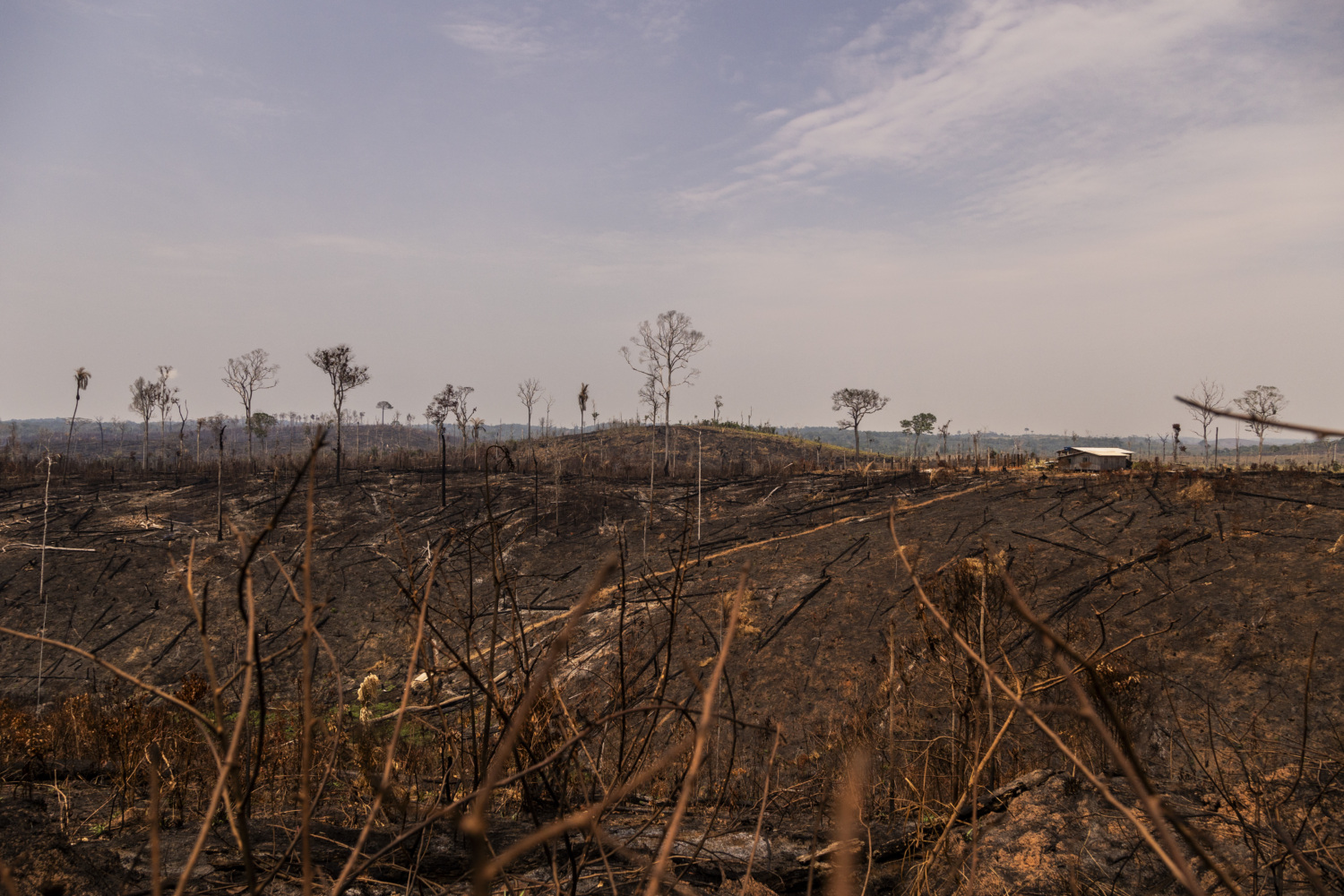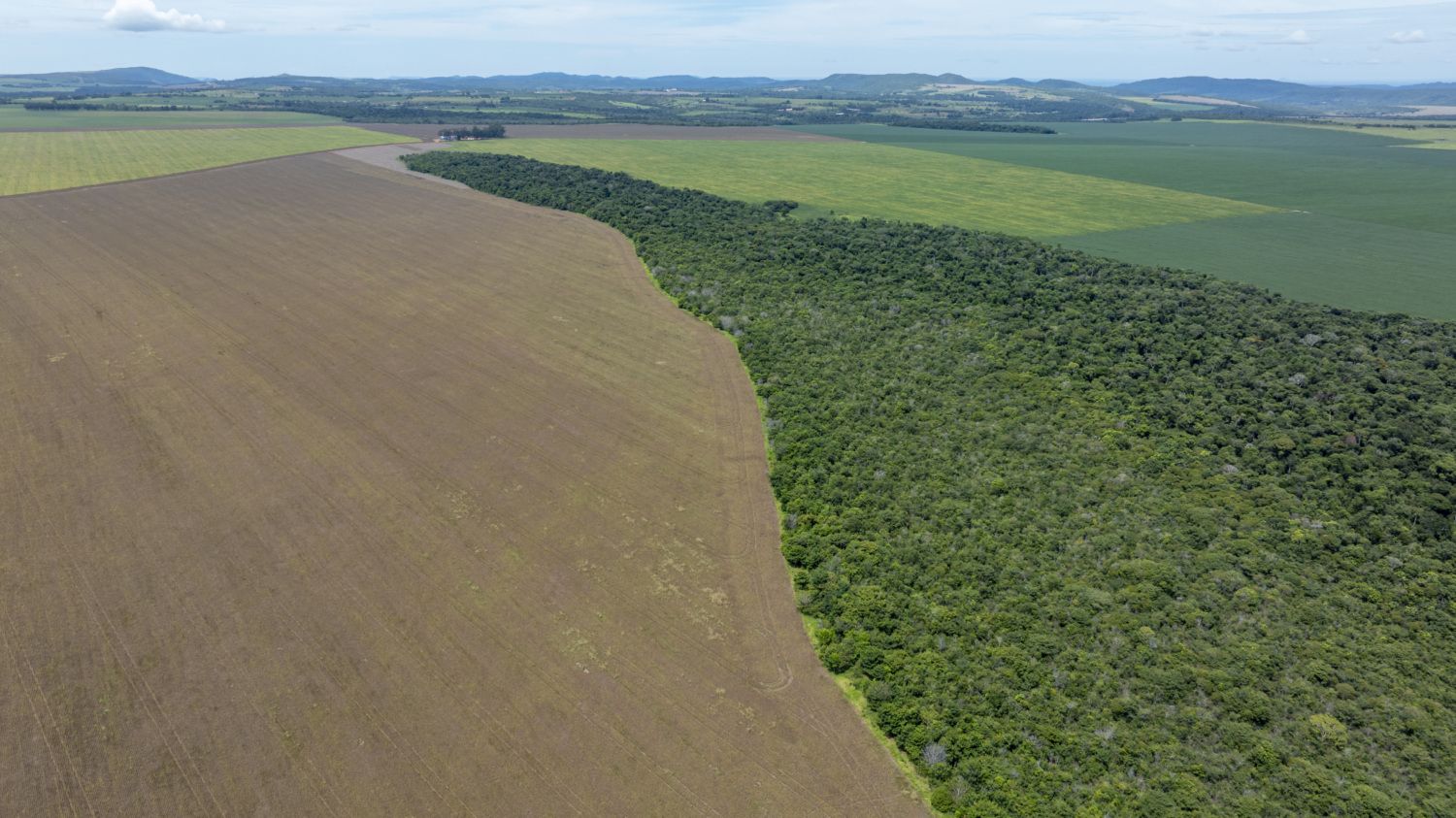
Major EPA report confirms that biofuels drive land conversion, hurt biodiversity
A major report, just issued by the EPA, includes a sweeping condemnation of U.S. biofuel policy.
This triennial report, issued four years late, found that increased production of corn and soy for biofuels have led to range of adverse environmental outcomes. Its conclusions will be familiar to anyone who’s followed the environmental discussion around biofuels in recent years. Among its findings:
- Native ecosystems are being converted to industrial crop production both here in the United States and abroad;
- this conversion destroys wildlife habitat and hurts biodiversity, and;
- agricultural inputs, including fertilizer application, are up, increasing run-off and water pollution and contributing to algal blooms and the dead zone in the Gulf of Mexico.
The scope of this triennial report did not include assessments of the climate emissions impacts caused by the RFS. But, scientific research around carbon emissions from land conversion and a close reading of the EPA assumptions around existing biofuel production facilities show that food-based biofuels have emissions that are likely on par with or worse than the oil and gas they replaced.
Ultimately, this report echoes years of evidence and calls by the environmental community to reform our use of food-based biofuels. More corn, soy, palm and other food-based biofuels will only worsen these environmental problems, and it’s clearly the wrong course to consider maintaining or increasing consumption.


